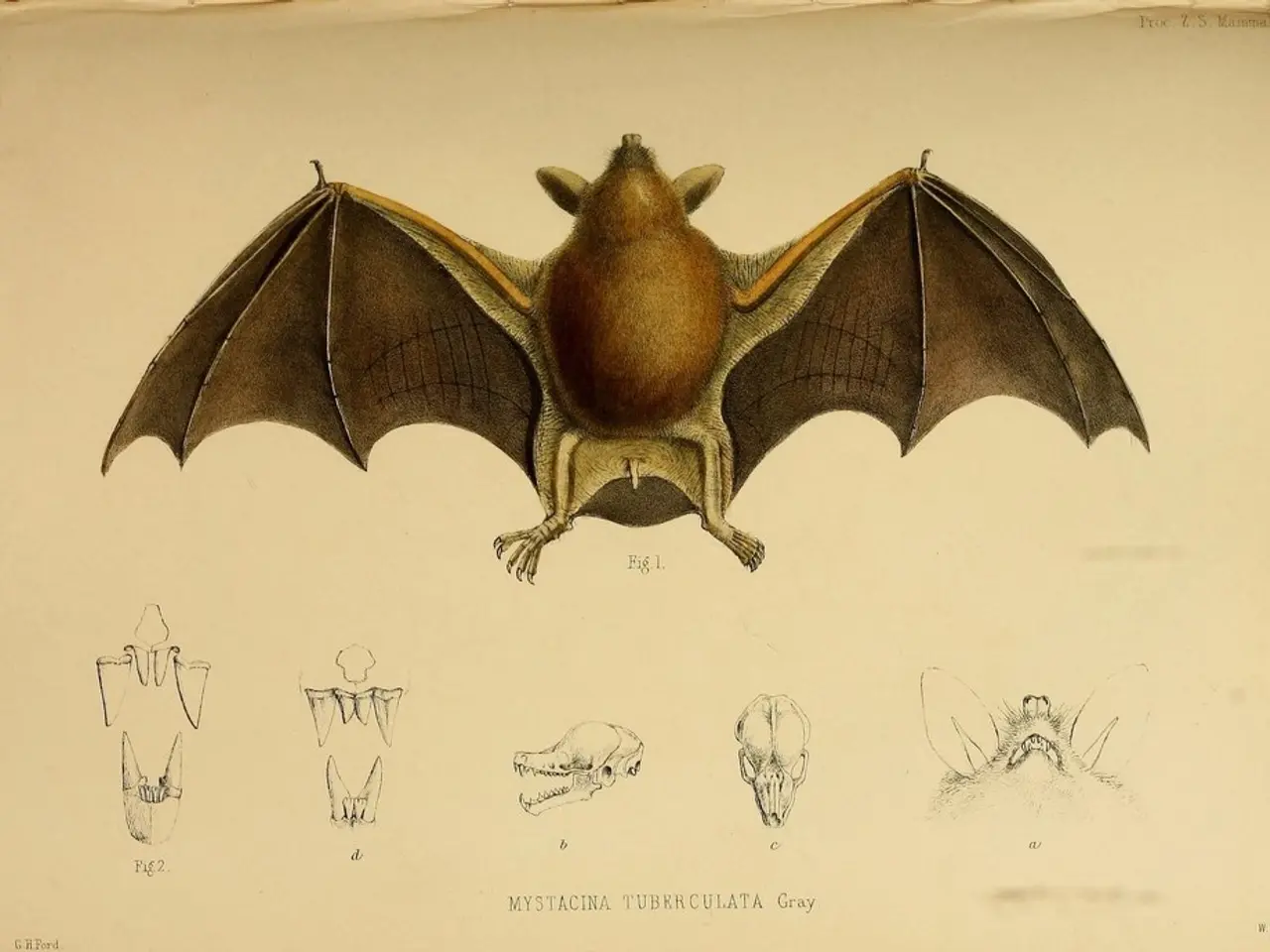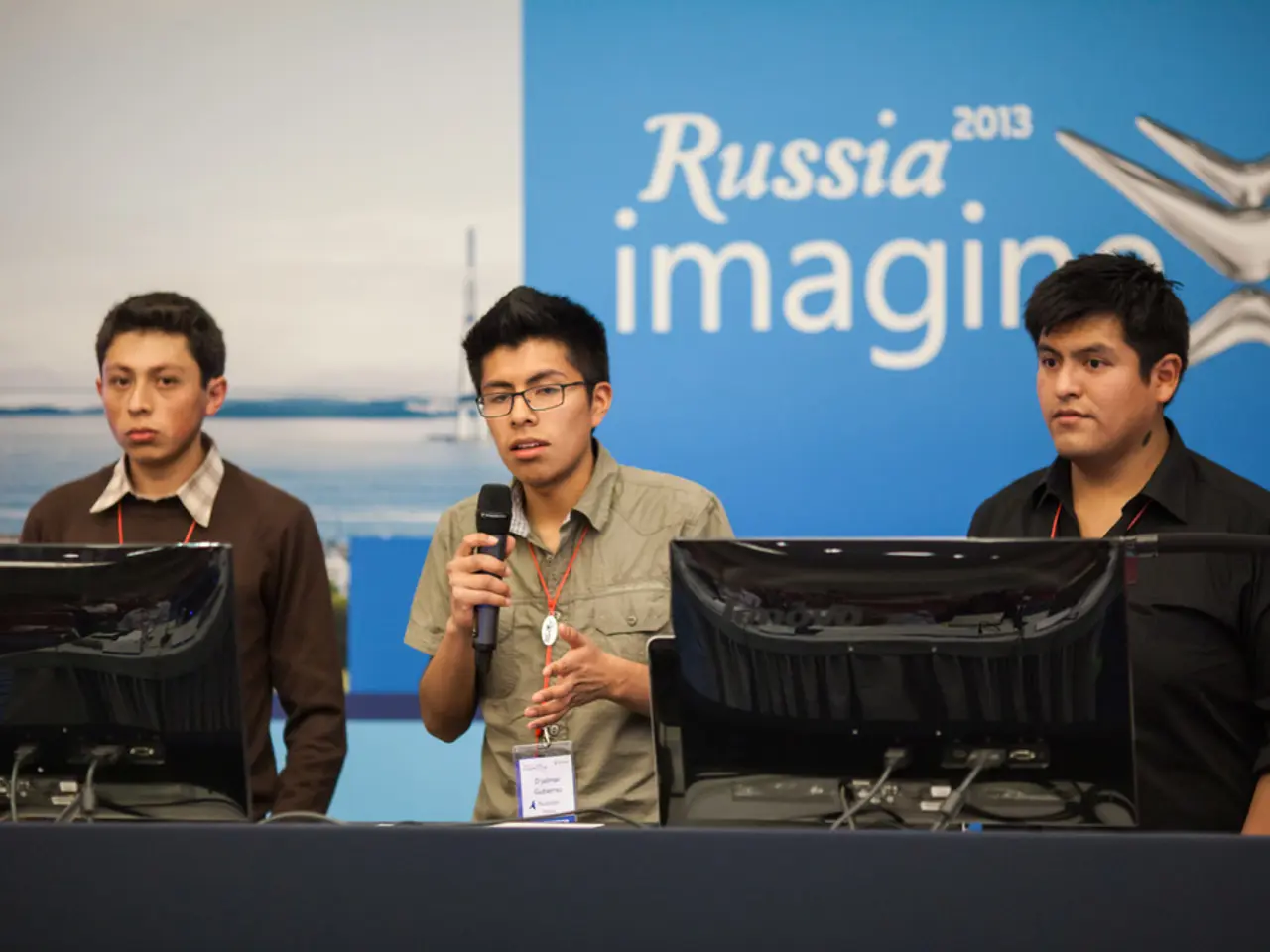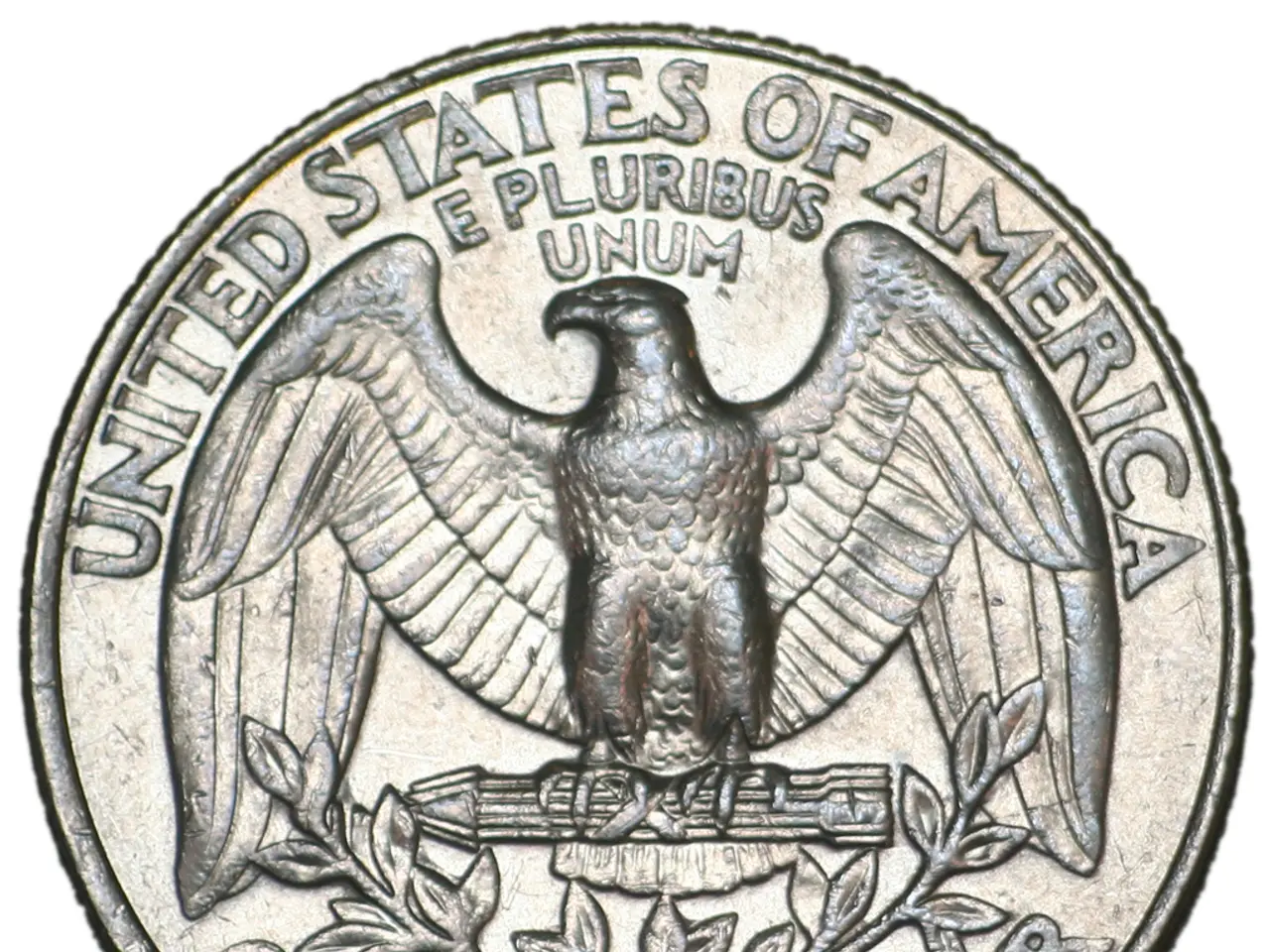Tesla secures a $4.3 billion battery contract with LG Energy Solution, intending to lessen its dependence on China.
Tesla Secures Major Battery Supply Deal with LG Energy Solution
Tesla is reducing its reliance on Chinese LFP battery imports by securing a significant long-term contract with South Korea's LG Energy Solution (LGES) for U.S.-made LFP battery cells. The deal, worth $4.3 billion, covers deliveries from August 2027 through July 2030, with potential extensions and volume increases.
The cells, produced at LGES factories in Michigan, Ohio, and Tennessee, are primarily intended for Tesla’s stationary energy storage products like Megapack and Powerwall. This move comes as escalating tariffs and U.S.-China trade tensions have prompted Tesla to shift toward non-Chinese suppliers to mitigate costs and supply chain risks.
Previously, Tesla sourced LFP cells mainly from Chinese supplier CATL. However, Tesla also plans limited in-house U.S. LFP production using older manufacturing equipment acquired from CATL, but this capacity falls short of Tesla’s much larger energy storage production needs. The LGES deal will help bridge that gap by providing a significant volume of U.S.-produced LFP cells.
In India, the Tesla Model S, Model Y, Model 3, BattRE Electric Mobility LOEV, and BattRE Electric Mobility Storie are upcoming cars. The Tesla Model Y, priced at ₹ 59.89 Lakhs, boasts a 75 kWh battery and a range of 622 km. The Tesla Model S, priced at ₹70 Lakhs - 1 Cr, features a 100 kWh battery and a range of 570 km.
The announcement by LGES did not specify whether the LFP batteries will be used in vehicles or energy storage systems. LGES's major customers include Tesla and General Motors. Vaibhav Taneja, Tesla's Chief Financial Officer (CFO), stated in April 2025 that Tesla was looking to secure non-Chinese battery suppliers for its energy storage business due to tariffs.
This week, South Korea's Samsung Electronics and Tesla announced a $16.5 billion chip supply deal, further strengthening the partnership between the two companies. The chip deal will provide Tesla with a stable supply of semiconductors, an essential component in electric vehicles and energy storage systems.
In conclusion, Tesla's deal with LG Energy Solution marks a strategic move to reduce its reliance on Chinese LFP battery imports, driven by trade policy and supply chain diversification goals. The deal will help Tesla secure a significant volume of U.S.-produced LFP cells for its energy storage needs, while also potentially providing cells for its electric vehicles in the future.
Technology plays a crucial role in this strategic move by Tesla, as the deal with LG Energy Solution aims to secure a significant volume of U.S.-produced LFP cells, which are essential components in both electric vehicles and energy storage systems.
Furthermore, the chip supply deal between Tesla and Samsung Electronics underscores the significance of technology in the production of electric vehicles and energy storage systems, as semiconductors are an essential component in these technologies.




